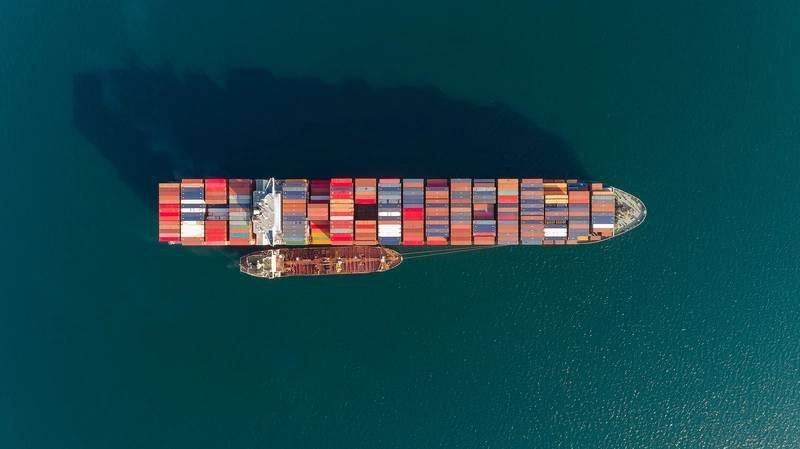Marine fuel trading house KPI OceanConnect is expanding its offering of biofuel for bunkering at more ports in anticipation of increased demand due to the upcoming FuelEU regulations. Jesper Sorensen, the global head of alternative fuels and carbon markets, revealed at SIBCON 2024 that the company is looking to trade marine biofuel at 120 ports, an increase from the previous 70 ports. KPI OceanConnect has already supplied over 300 biofuel stems to more than 80 clients, with a focus on Europe where biofuels are readily available and demand is growing.
The FuelEU regulations, set to come into effect on January 1, 2025, mandate a reduction in greenhouse gas intensity in shipping fuels by 2% next year and an 80% reduction by 2050. Sorensen emphasized that this regulation is a significant driver of demand for biofuels in the maritime industry. Biofuels with a B24 blend and International Sustainability & Carbon Certification (ISCC) can offer emission reductions of up to 20% compared to traditional fuel oil, while pure biofuels have the potential to reduce emissions by 85%-95%.
Despite the environmental benefits of biofuels, the growth in demand is gradual due to the higher price of marine biofuels compared to emissions allowances under the European emission trading system (ETS). Sorensen noted that it is more cost-effective for companies to purchase EU Allowances (EUAs) to offset their carbon dioxide emissions than to invest in biofuels, which are currently more expensive. He highlighted the need for policies that encourage the uptake of alternative fuels to drive the transition towards cleaner shipping practices.






